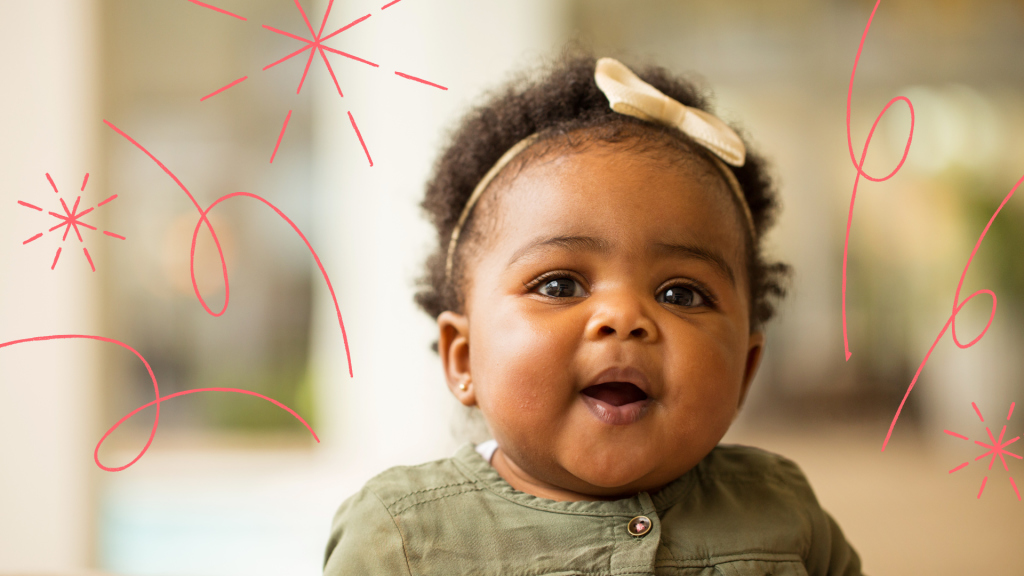
- 2 mins

Most newborns sleep 16 to 18 hours daily, waking only to feed. In the first few weeks of life, it’s normal for your baby to wake up about every 2 to 3 hours to eat. By the time your newborn is one month old, they may be sleeping up to 6 hours at a stretch. As babies grow, their sleep patterns become more regular. By six months, most babies can sleep through the night. However, it’s still normal for infants and young children to wake up occasionally at night.
A set bedtime routine will signal to your baby that it’s time to sleep. This may include bathing, reading a story, or singing a lullaby. It is worth noting that Moshi has an entire section dedicated to sounds which can be a great alternative to a white noise machine.
This will help them learn to fall asleep on their own. This process may take some patience on your part, but it will help both you and your baby a lot.
Avoid stimulating activities before bedtime. Soothing sounds and dimmed lights are very effective for both adults and children in our home.
An overtired baby may have difficulty falling asleep. It’s hard to believe, but babies can be too tired to fall asleep. Ask any parent.
The American Academy of Pediatrics recommends that babies sleep on their backs on a firm mattress, without pillows, blankets, or stuffed animals.
A 2020 study by al-Shawwa et al. found a correlation between vitamin D deficiency and sleep disorders. Sun exposure and vitamin D-rich foods are your allies, and if your baby is still lactating, it’s up to you to enrich your diet.
A 2009 study by Adachi et al. looked to provide some guidance to expecting mothers on how to refrain from intervening when babies stirred from sleep. Essentially it showed that although difficult for some, in many instances the baby will go back to sleep on their own. The study suggests that it would be good to wait a while before going to check if your baby needs a nappy change or a feed.
Sleeping is an essential part of your baby’s development. In the early months, it gives your baby time to grow and thrive. Healthy sleep habits ensure your baby is getting enough sleep, which will help them regulate their mood, energy level, and appetite.